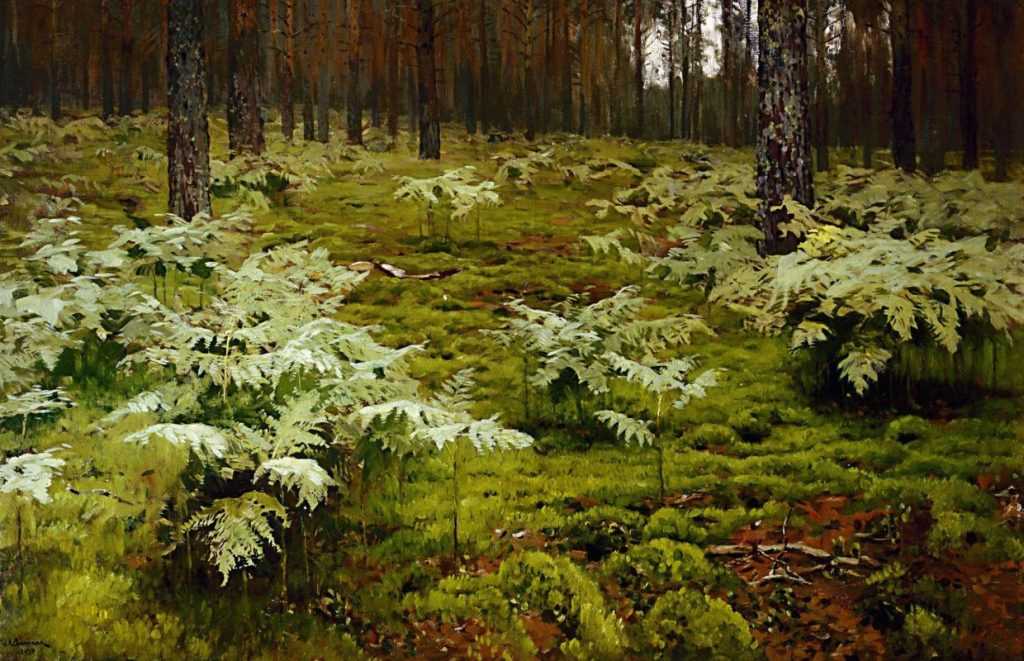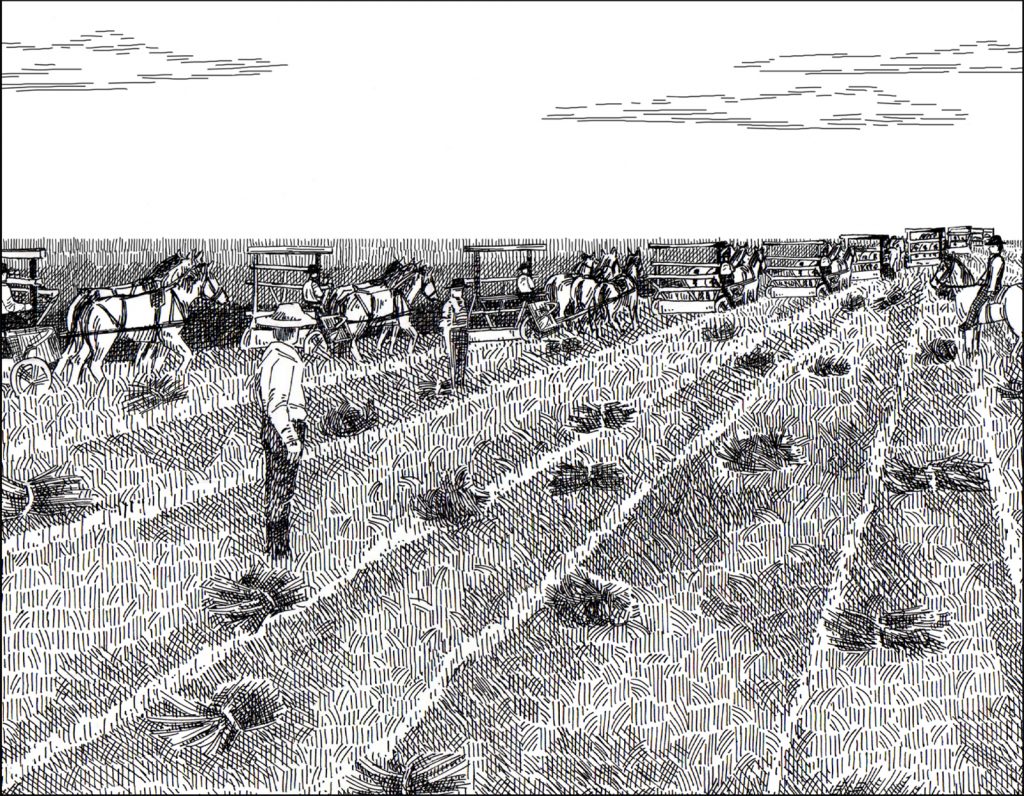“Of Breadcrumbs and Constellations,” by Lindsey Drager, appeared in the Summer 2018 issue of MQR.
When they were in their mid-twenties, studying at the University of Marburg, the Grimm brothers, Jacob and Wilhem, shared a bed. They were offered two beds but chose to share one. They would often retire for the evening together, and when they were ready to invite sleep, the sheets distributed evenly around them, Jacob would say, Yes? And Wilhelm would say, Right. And Jacob would put out the candle.
It was then that Wilhelm Grimm would think about his brother. He would think of his brother and the bodies for whom his brother longed. He would think: if he could tell his brother everything he has learned, it would read like a very sad primer. That soft arcs are deceptive, whether in stories, or on paths, or on bodies. That nothing in this life is unbent, and as such all things intersect. That the sky is a projection of everything that lives within our frames. That there is no closer bond than the one between siblings because they derive from the same cosmic formula and grow in the same flesh home.
Now, a decade after the Grimm Brothers’ university days are done, a woman sits at the table in the home Wilhelm and Jacob have made together. This is one in a long procession of women they have hosted in the last few months. The task set before them is to solicit from the women the tales that have defined their country and culture, many of which are going extinct. The women know the stories best, for they are the primary narrators, the mouths by which the narratives are passed down. These are women for whom work means labor: tending garden, cooking dinner, raising children, cleaning house. Telling tales, the women inform Jacob and Wilhelm, help to pass the time.
The stories are about greed, lies, abuse, and rape. The stories are about power and despair. There are riddles and traps. There are monsters and ghosts and broken bodies — missing arms and severed legs and lost heads. And, too, Jacob notices while he sees Wilhelm concentrating on the plot and characters, searing into his mind the story that unfolds, nearly all the characters enter, exit, or find themselves caught in the woods.
So far their task has been simple. While a narrative might stray a bit in one telling, or embellish or neglect a detail in another, they’ve received and recorded the stories without substantial disagreement. But now, in this moment, a woman sits in front of the Grimm Brothers, telling them a story of siblinghood that offers a bit of concern. Hers is a story the brothers have heard, but this woman’s version seems to go astray.
To continue reading, purchase MQR 57:3 or consider a one-year subscription.
Image: Levitan, Isaac. “Ferns in a Forest.” 1895. Oil on canvas. Nizhny Novgorod State Art Museum, Nizhniy Novgorod, Russia.
Lindsey Drager is the author of the novels The Lost Daughter Collective (Dzanc Books, 2017) and The Sorrow Proper (Dzanc Books, 2015). She is an assistant professor at the College of Charleston and the associate fiction editor of Crazyhorse.




